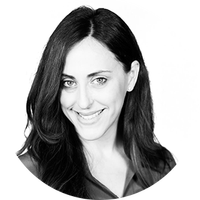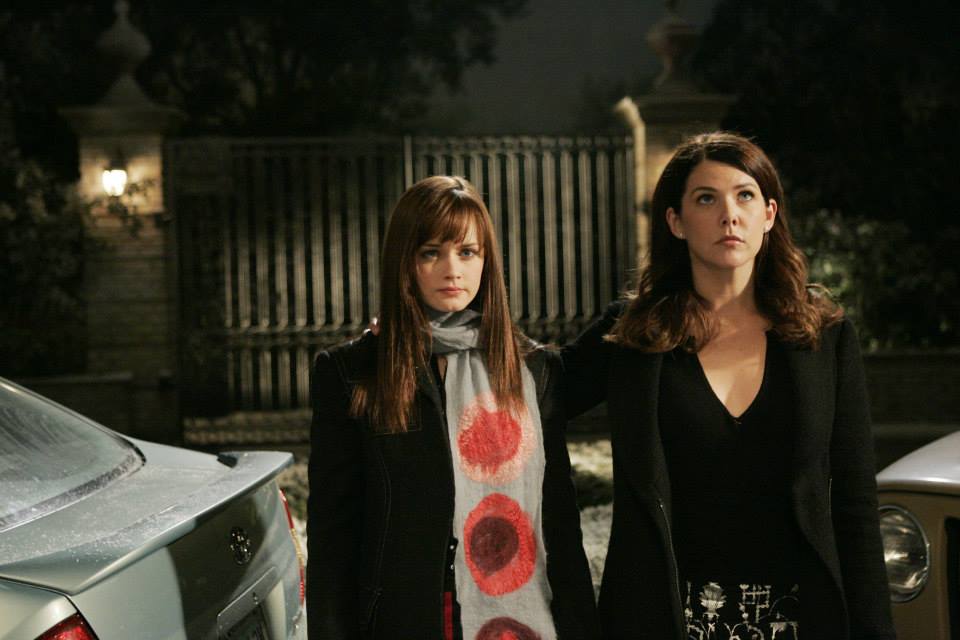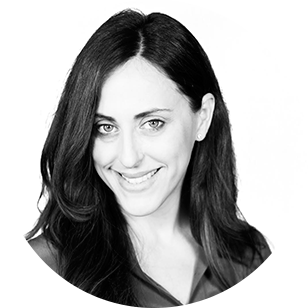The hard work of chill parenting
Being laid-back isn't always easy — especially when it comes to your kids


A free daily email with the biggest news stories of the day – and the best features from TheWeek.com
You are now subscribed
Your newsletter sign-up was successful
It's no longer news that parenting has taken on the intensity and competitiveness of an arms race. There's always one more extra-curricular class, one more camp to sign up a kid for. Whether it's an immersive Japanese language and flower arrangement course, or a three-week intensive violin seminar — for toddlers — if they build it, parents will come.
The fact that this helicopter/Tiger Mom/hyper-parenting is bad for kids now seems beyond the point. There have been at least a half-dozen good books published recently detailing the negative consequences of parenting gone wild, and still, based upon my fieldwork as a mom in brownstone Brooklyn, there are no signs of slowing down.
From what I'm seeing, the problem isn't just the human instinct for one-upmanship (though that does play a part), but the very human, and forgivable, desire to fit in. There's a real social cost, both for the adult and child, to being the chill parent — the one who doesn't buy into all the extraneous stuff. I know this because I am, or at least try to be, a chill parent.
The Week
Escape your echo chamber. Get the facts behind the news, plus analysis from multiple perspectives.

Sign up for The Week's Free Newsletters
From our morning news briefing to a weekly Good News Newsletter, get the best of The Week delivered directly to your inbox.
From our morning news briefing to a weekly Good News Newsletter, get the best of The Week delivered directly to your inbox.
Being laid-back is more difficult than it sounds. For one, it's hard to talk about your children with other parents without sounding either judgmental or negligent. When I explain that my son is fine, maybe even better off, without an elaborate and/or expensive birthday party, a ceramics course, or after-school learning enrichment class, I am also saying, in short, that I think their child would probably be fine without them too.
Still, I sympathize. I can see how they are just trying to show their child love and care using the tools our upper-middle-class culture has provided. When a child is spoiled with fancy toys and clothes, it is easy draw lines between children whose needs are met and those who are over-indulged. When a child is spoiled with experiences, the boundaries are much fuzzier; it becomes difficult to determine, let alone discuss, what is too much.
Then there's how this laid-back attitude affects my son. He has considerably more free time in his daily schedule than that of many of his friends. (Yes, we could move. Yes, we have thought about this — though intensive parenting is harder to escape than one might think.) As he gets older, his awareness of this will only grow, as might his sense of injustice over not getting what everyone else is getting. It's going to take around 15 years before peer pressure reveals itself to him as the unproductive force it often is.
Or maybe it won't. So much of what is driving intensive parenting is peer pressure, a victory of insecurity over common sense. Yes, experts and outlier parents should continue taking a stand and reminding parents of the ill-effects this type of parenting has on children. But, if history tells us anything, communal bad habits are hard to break and it is difficult for a group of individuals to do the breaking on their own.
A free daily email with the biggest news stories of the day – and the best features from TheWeek.com
What we need then is for our child-centered institutions to get on board and start preaching the chill-parenting gospel. No, I don't expect for-profit "learning enrichment centers" to start telling parents that they should stop spending $45-an-hour on a ceramics course for their 6-year-old. But our schools could do more to explain to parents directly, even forcefully, the value of free time and unstructured exploration.
Because it's too easy to forget that childhood is not a means to an end, but a series of rich, metamorphic moments that a kid can never get back.
Elissa Strauss writes about the intersection of gender and culture for TheWeek.com. She also writes regularly for Elle.com and the Jewish Daily Forward, where she is a weekly columnist.
-
 Switzerland could vote to cap its population
Switzerland could vote to cap its populationUnder the Radar Swiss People’s Party proposes referendum on radical anti-immigration measure to limit residents to 10 million
-
 Political cartoons for February 15
Political cartoons for February 15Cartoons Sunday's political cartoons include political ventriloquism, Europe in the middle, and more
-
 The broken water companies failing England and Wales
The broken water companies failing England and WalesExplainer With rising bills, deteriorating river health and a lack of investment, regulators face an uphill battle to stabilise the industry
